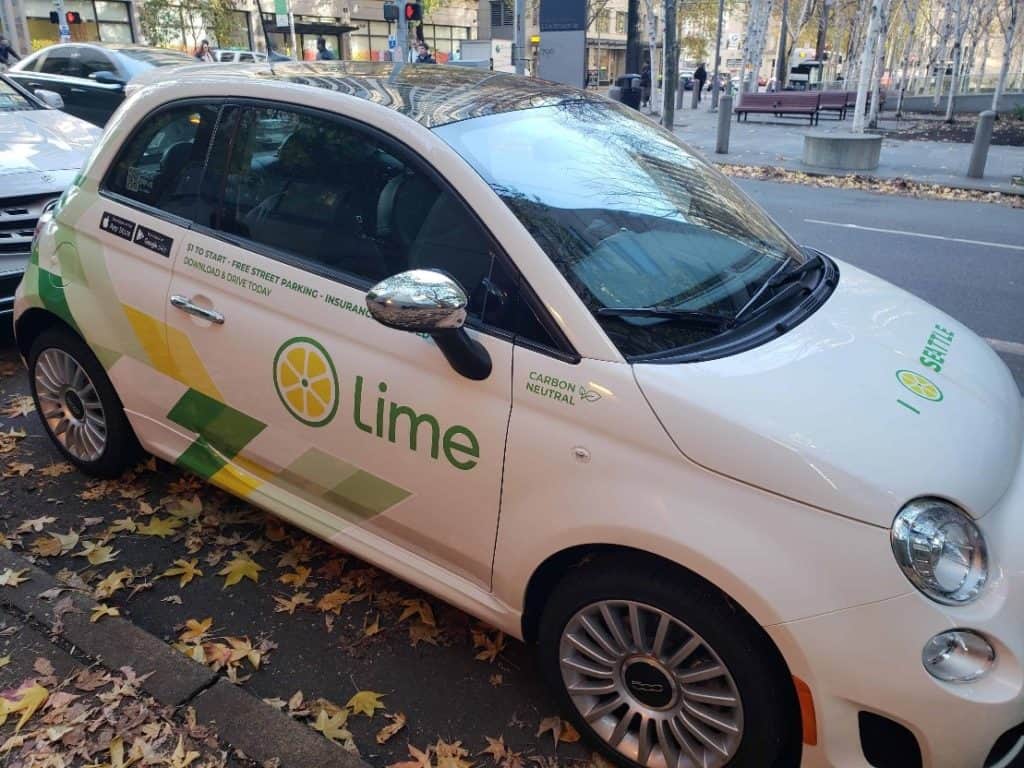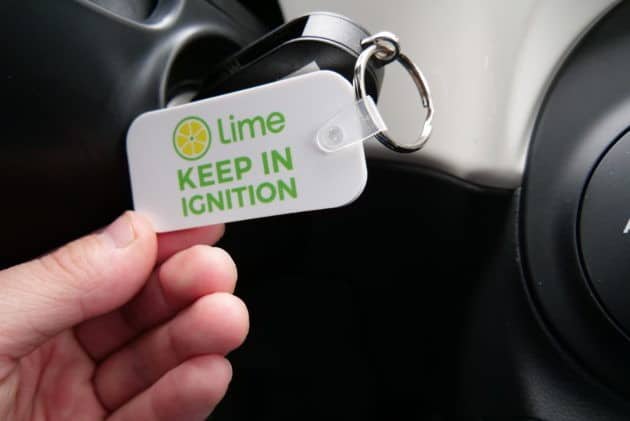
Almost everyone is now familiar with “ride-share” companies, such as Uber or Lyft; the convenient service of hiring personal drivers in their personal cars, presumably trained by professional ride-sharing companies and offering professional level insurance protections, with the simple click of the phone app. Companies like Uber and Lyft still have a ways to go with driver training, selective hiring practices, and overall corporate accountability to the public, but most states have now enacted laws to better protect the public by requiring the companies to carry appropriate commercial level liability insurance in the event of collisions, injuries and damage.
With improving oversight on safety of the public, and increasing corporate accountability, the idea does seem win-win for decreasing the number of cars on the road and minimizing transportation strains, while increasing employment opportunities for drivers.
In recent years, the ride-sharing trend has now expanded to “car-sharing,” the practice of renting out personal cars for other individual’s personal use.
Starting in March, 2019, Lime, the San Francisco transportation startup valued at over $2 billion with thousands of shared bicycles and scooters filling over 100 city streets and sidewalks around the world, launched its inaugural “LimePod,” car sharing program in Seattle and set 500 electric Fiat 500s loose on the city’s streets. A trend picking up steam around the globe, personal car sharing programs are very different than ride-share, and very different than traditional commercial car rentals. Car-share programs are strictly limited to short-term (less than 24 hour) car rentals for personal use only. Unlike renting a car at a traditional rental car company, such as Hertz or Enterprise, these new car share programs allow individuals or companies to rent out their vehicles quickly, cheaply, and with very little oversight or regulation. Despite the enticing idea of renting a car on the fly and then leaving it wherever your errand ends, at very low cost and without much hassle, the business model puts safety in the back seat.
The LimePod is recklessly easy-access and inexpensive: users can download the app for free and, at the cost of $15.00 (which is then refunded if approved), complete an application and rent a car for $1.00. The ongoing charge is just 40 cents per minute. The app requires new users to scan a driver’s license (and there is no check in place to ensure that the license actually belongs to the person seeking the use of the car). The user then waits 2 minutes while the app runs a brief driving history of the person on the license, and then the app allows the user to unlock any car and start driving it. The key stays in the ignition.

When done, the user can leave the car on any residential street or a city metered parking spot, for free. The “driving history search” requires that the user be at least 21 years of age, have 1 year of driving history, have no drug or alcohol driving-related charges in the past 7 years, no “major violations” in the past 3 years, and no “minor violations” in the past 2 years. The discretion on what constitutes “major” vs. “minor” violations is solely up to Lime’s discretion. For a one-year driver, getting insurance in under two minutes by any professional and regulated insurance company would be nearly impossible.
Lime covers the costs to charge/fuel the vehicles, parking and the insurance. Per Washington state regulations, RCW 48.175.005, personal car-sharing programs need only insure vehicles up to the state mandatory minimum of just $25,000.00 in liability coverage per person, and $10,000.00 in PIP coverage (which Lime is permitted to waive should it so choose to do so). There are no apparent provisions in place to account for theft of a driver’s license, and the ability to rent a LimePod with a stolen identity. This means that pedestrians and the motoring public alike are at risk of injury and damage, with very little recourse, should they have a collision with someone operating a car-share. In an interview with GeekWire, Seattle and Bellevue police both confirmed that criminals have found creative ways to use car-share vehicles, which are easy to rent and difficult to trace, in crimes in this region.
This is not the first example of a bike or car share service provider’s lack of commitment to public safety. Popular rentable bikes and scooters come equipped without any helmets. While company websites encourage users to wear a helmet, this is hardly possible when the equipment simply has no helmet. Last summer, the Seattle City Council passed the new permanent rules on bike share companies, but intentionally avoided the issue of bike helmets.[1]
Our advice? Avoid the car-shares, as they are woefully underinsured and likely will not adequately protect individuals harmed by the negligence of a car-share driver. This also opens the car-share driver up to personal exposure beyond any insurance when injuries or damages occur that exceed the minimal insurance protections. Also, always wear a helmet when using a bike or scooter.
[1] See Richard Adler of Adler Giersch address the Seattle City Council last July, to discuss the need for governmental regulation to force bike share companies to require helmet use to users of shared bikes. https://www.kiro7.com/news/local/seattle-approves-new-bike-share-rules-without-helmet-requirements/802330070
